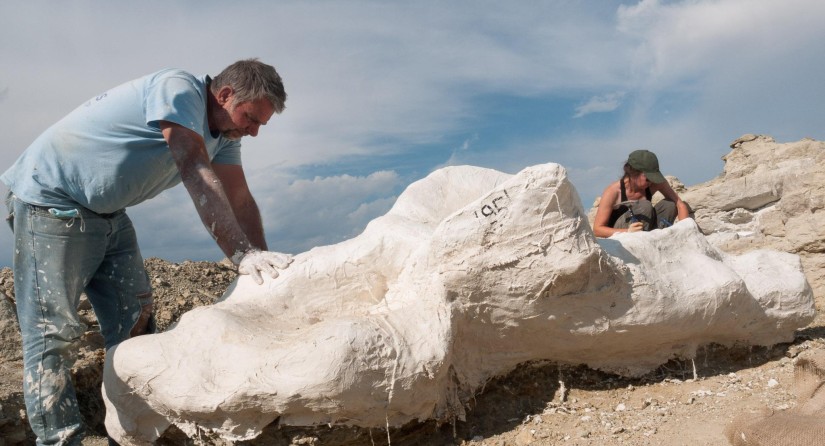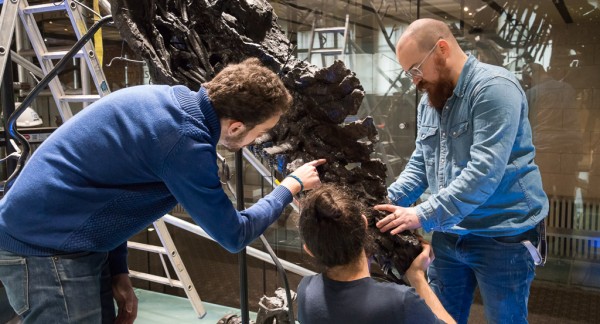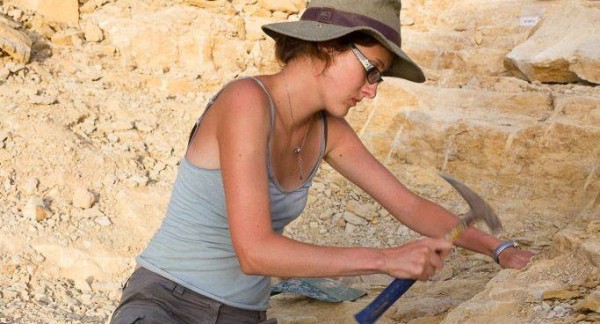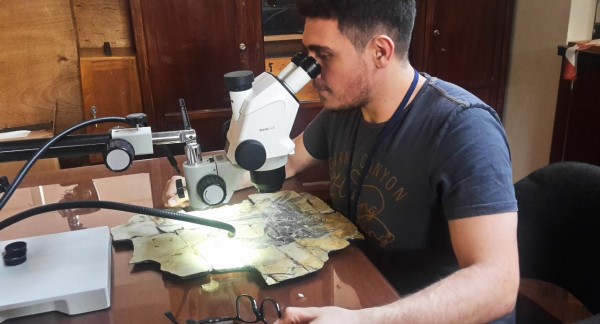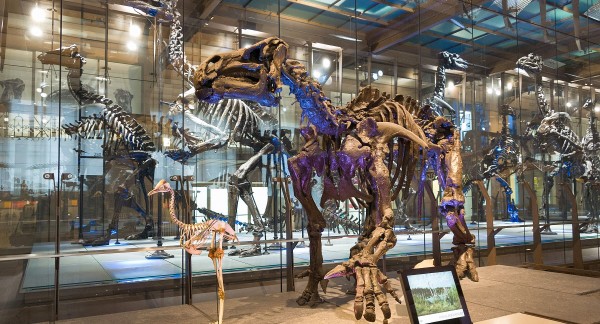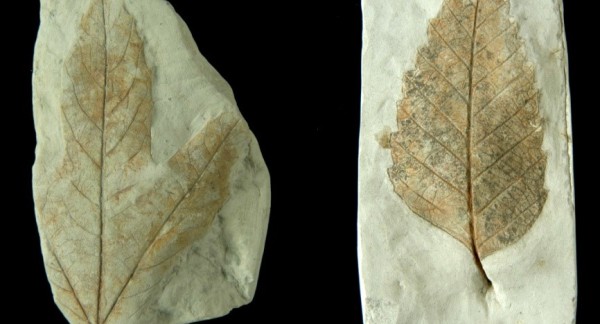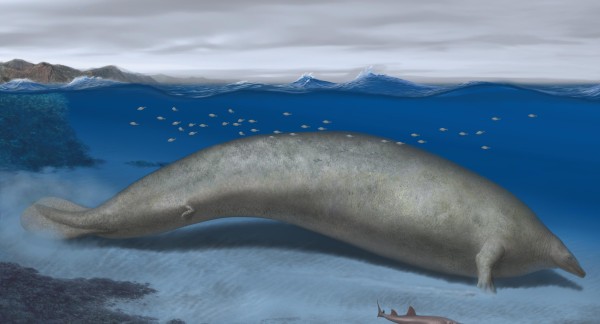Ecosystems over time
How ecosystems function, both on land, in freshwater, and in marine environments, is influenced by the way their living and non-living components interact. Using fossil evidence from the deep past informs on changes in climate and on other physical variables that have triggered biotic events (extinctions, recoveries, radiations...).
